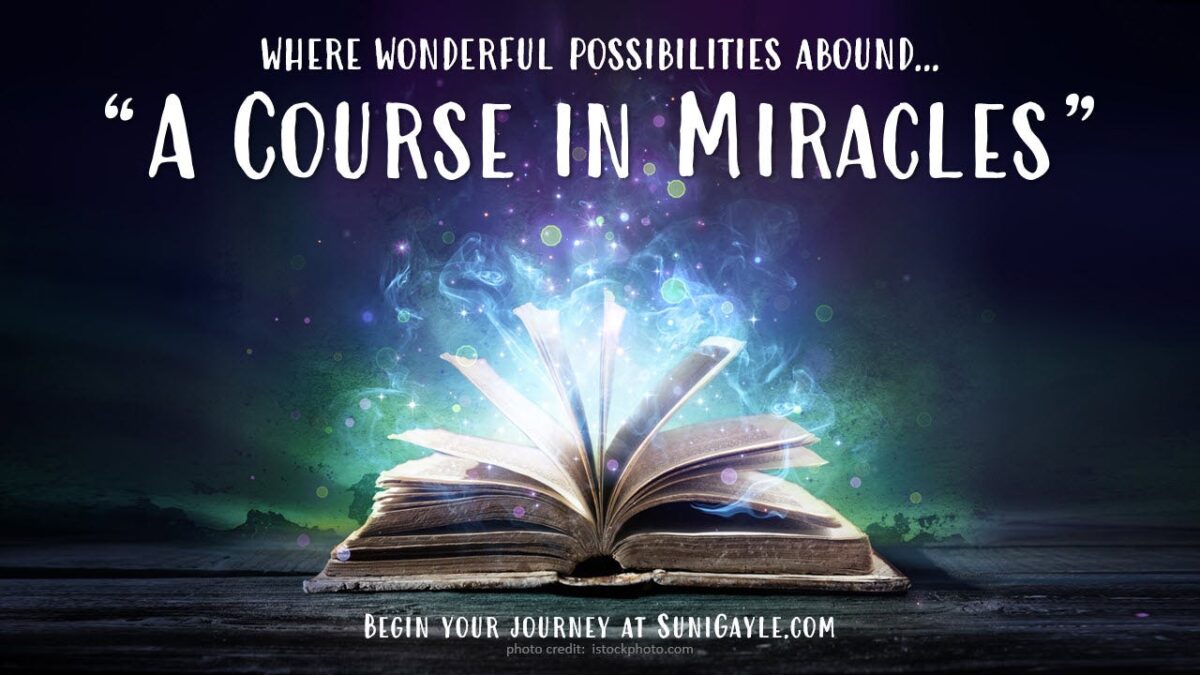
In a world increasingly driven by digital technology, the allure of a good a course in miracles remains undiminished. Books are more than just collections of words; they are portals to new worlds, avenues to knowledge, and vessels of imagination. They have been our companions for centuries, offering solace, wisdom, and adventure to those who seek their embrace.offering an opportunity for anyone to embark on a journey of learning, regardless of their age or background.
Books hold a unique power to transport us to places we have never been, introduce us to characters who become our friends, and immerse us in stories that touch the very core of our humanity. Whether it’s the enchanting wizardry of Harry Potter or the timeless wisdom of Shakespearean plays, books have the capacity to evoke emotions, provoke thoughts, and inspire change. They provide a lens through which we can view the world from different perspectives and understand the intricacies of the human experience.
Books are repositories of knowledge. They preserve the collective wisdom of humanity, spanning countless disciplines from science to philosophy, history to art. The printed word has documented our greatest discoveries, recorded our most profound thoughts, and archived the chronicles of our past. Libraries, often referred to as the temples of knowledge, house an extensive treasure trove of books.
In a digital age dominated by screens and virtual experiences, books offer a tangible connection to the past and the present. The feel of a well-worn page, the aroma of ink and paper, and the act of physically turning the pages create a sensory experience that e-readers and tablets cannot replicate. A book on the shelf is not just an object; it’s a conversation starter, a cherished possession, and a symbol of intellectual curiosity.
Books are instrumental in promoting literacy and empathy. They are invaluable tools for nurturing young minds and fostering a love for reading. Stories can help children understand complex emotions, encourage empathy by allowing them to step into different shoes, and kindle their imaginations. Moreover, books empower individuals by providing access to information and diverse viewpoints, allowing readers to form their own opinions and engage in critical thinking.